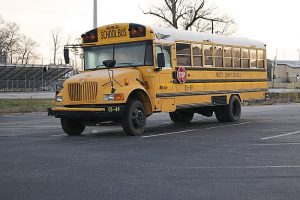New Jersey Supreme Court Gives Tenure Hearing Arbitrators Expansive Powers to Fashion Appropriate Discipline Short of Termination
Arbitrators make the final decision in hearings on tenure charges. Appeals are limited. However, the scope of their powers to fashion appropriate discipline was open to question. As I wrote last year, the Appellate Division of New Jersey’s Superior Court ruled in the case of Sanjuan v. School District of West New York that arbitrators were limited in those powers, and could not impose demotion as a remedy for disciplinary violations. The case was appealed, and the New Jersey Supreme Court issued a decision overturning the Appellate Division’s decision.
Sanjuan v. School District of West New York that arbitrators were limited in those powers, and could not impose demotion as a remedy for disciplinary violations. The case was appealed, and the New Jersey Supreme Court issued a decision overturning the Appellate Division’s decision.
Background
Amada Sanjuan worked for the West New York Board of Education as an assistant principal. On February 12, 2020, she fell down a flight of stairs, was injured, and was out of work as a result. Sanjuan claimed that she fell while picking up a piece of paper on the stairs. However, video showed that she removed a piece of paper from her purse after she fell, and placed it at the top of the stairs.
 New Jersey Lawyers Blog
New Jersey Lawyers Blog


 Under New Jersey employment law, specifically
Under New Jersey employment law, specifically 